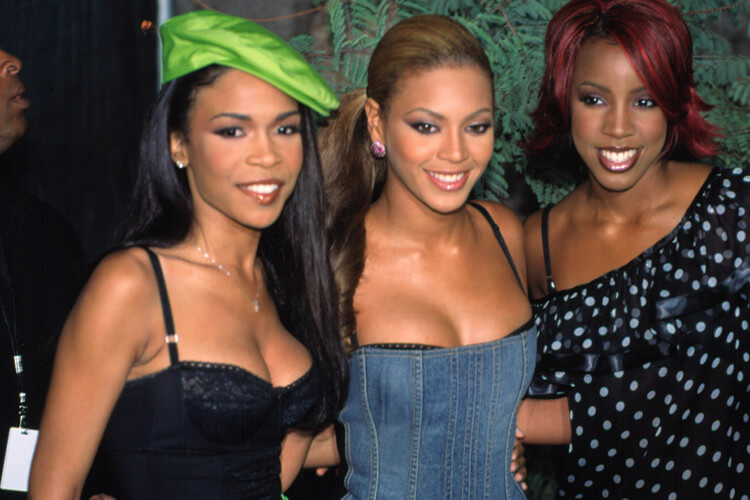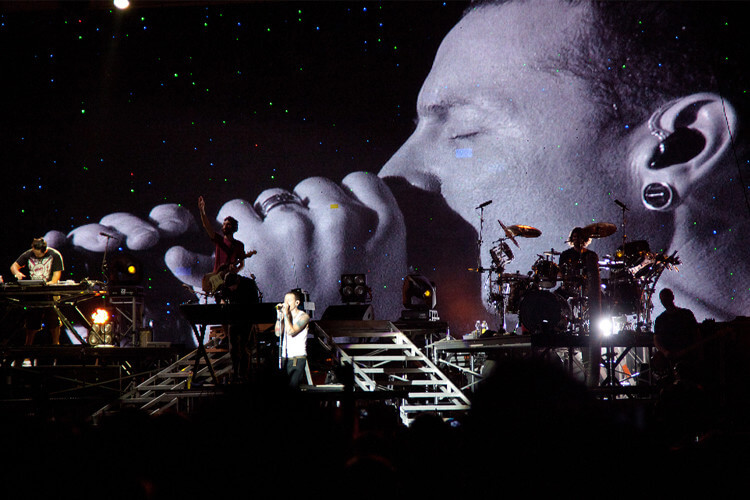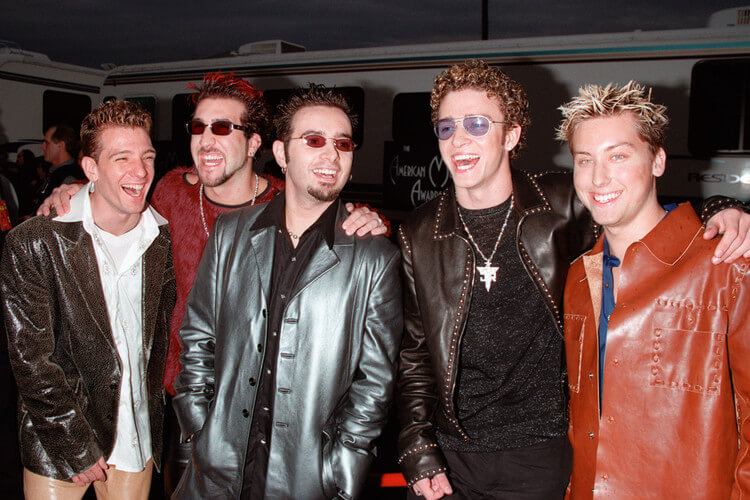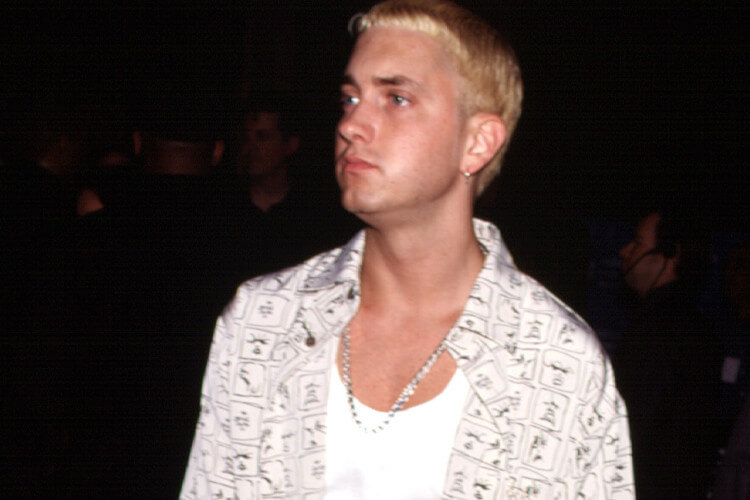Your Formative Years Are In Your Teens
A recent article published in the New York Times confirmed that our most formative years do happen throughout our teenage years. While for men their adult tastes are mostly formed between the ages of 13 and 16, for women, the ages 11 to 14 are the most crucial. The research study also stated that for both women and men, their 20s were only half as formative and influential in determining their music tastes in comparison to their early teen years.
It’s A Socially Sensitive Period
Another researcher, Dr. Stephanie Burnett Heyes has explained the reason why we are so obsessed with the music from our teens - no matter which generation we’re from. According to her, the adolescence period is the time when we’re more “socially sensitive”, meaning that we tend to be more receptive to others’ ideas in comparison to our 20s and thereafter. So whatever interactions we have during those years tend to stick for decades, and sometimes forever.
Something To Do With Our Brain
Another reason why the music from our teens is so ingrained in our lives today has to do with our “functional brain activity”. When we are adolescents, our brains stimulate reward activities, which get triggered by things like money, sugar, to someone simply liking us back. When we listen to our favorite music, something happens in our brain activity that surges our reward pathways, increasing the levels of oxytocin and dopamine in our brains.
Music Is Relatively Inexpensive During Our Teens
Though this reason is not particularly a scientific reason per se, some researchers argue that because music is fairly inexpensive to consume during our teenage years, we tend to invest a big portion of our time listening to music. Unless we’re rich, there isn’t much money or time to properly invest in other hobbies such as fashion or movies. In the end, music is always the cheapest and easiest escape to run to.
Emotional Communication Has A Lot Of Power
The power of emotional communication is huge, especially during a period of time with a greater lasting impact on us, such as our teen years. The memories we get during this time basically define how we shape our identity and who we grow up to be. For example, between birth and the age of eight, we can barely recall our memories, and no matter how much recent memories are fresh in our minds, they always end up declining with age.
The “Reminiscence Bump”
According to a psychological phenomenon called the “reminiscence bump”, our favorite films, books, sports stars, and music have a huge on the moments we remember the most. Yet, music seems to be more influential than the others, because it is stored in some sort of “safe area” of our brains that is more resilient to age and time. Therefore, music ends up becoming one of the most essential ways in which we express our emotions, and associate our previous emotions from a specific time in our lives.
Our “Firsts” Have Power
It’s during our teenage years that we experience a lot of “firsts” in our lives, including our first kiss, our first trip, or first crush, the first time we were away from home, our first concert, and the list goes on. So this bank of firsts is created in our memory, with music often providing a soundtrack to many of these moments. When we listen to a specific song, a powerful moment of reminiscing and reliving the emotions and feelings we once felt may arise.







